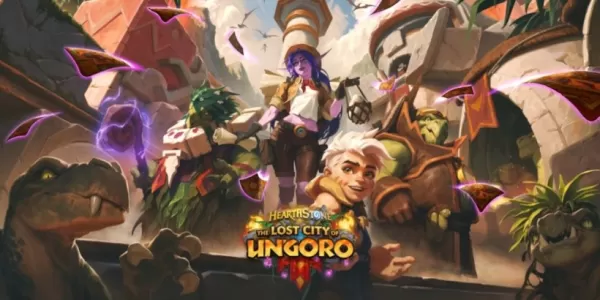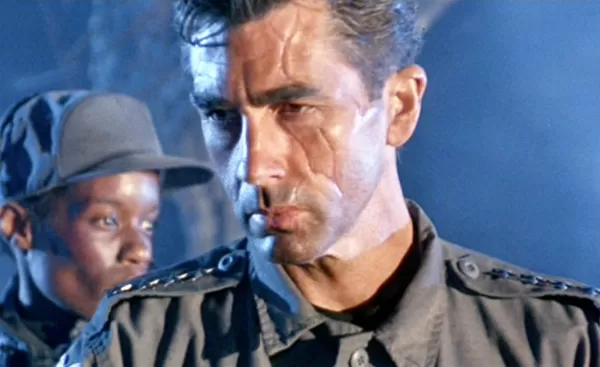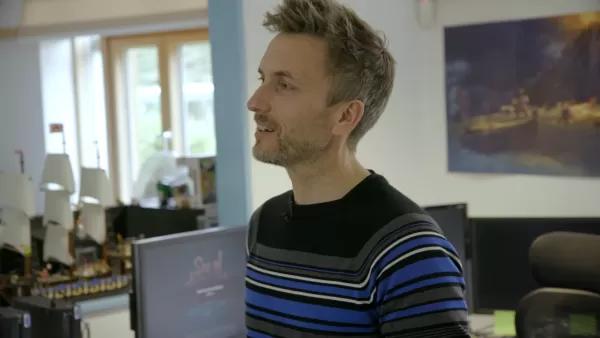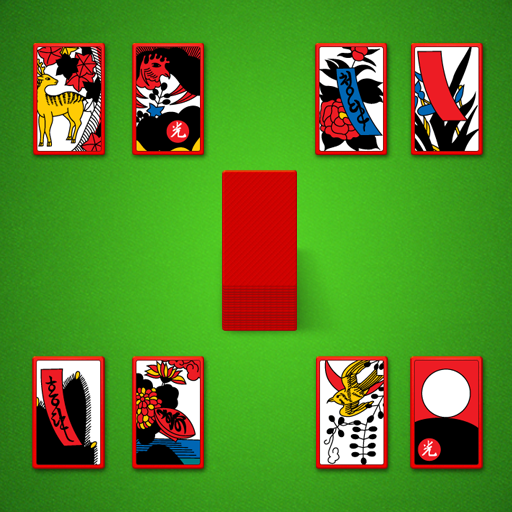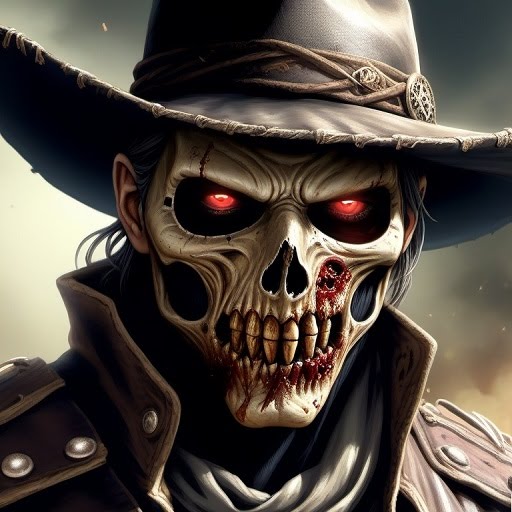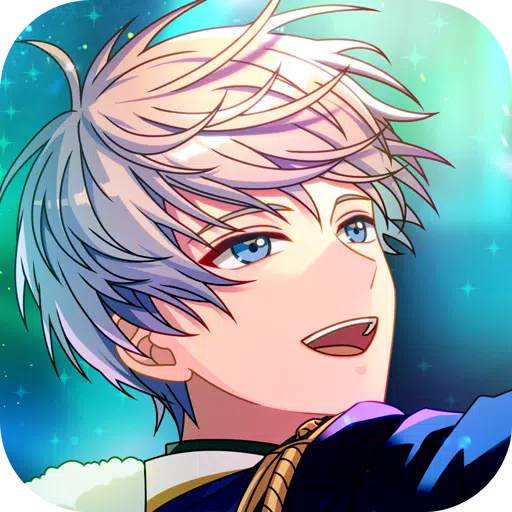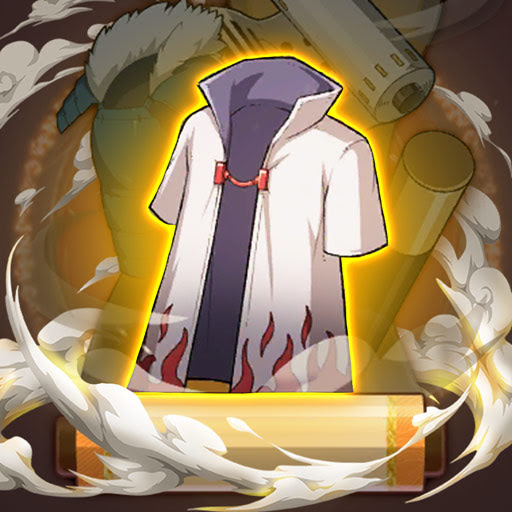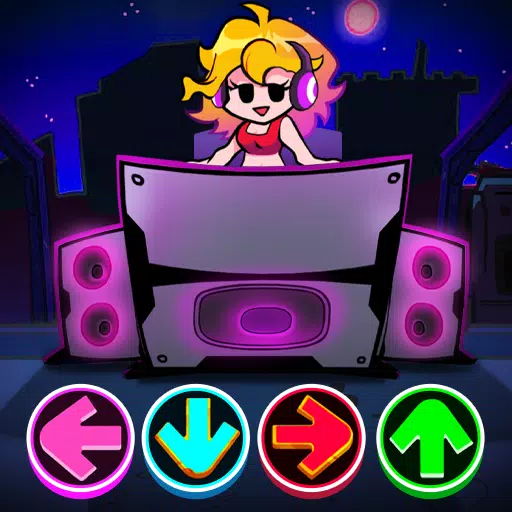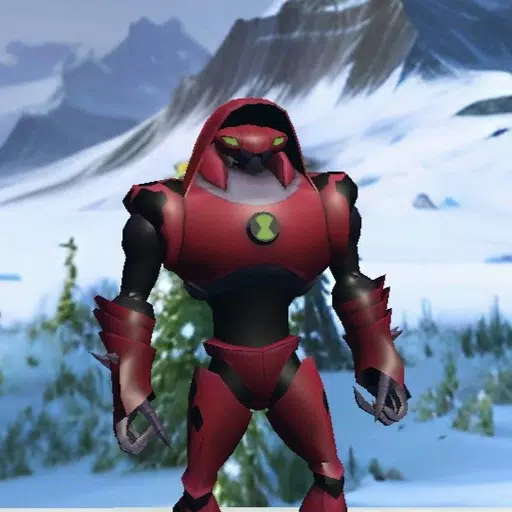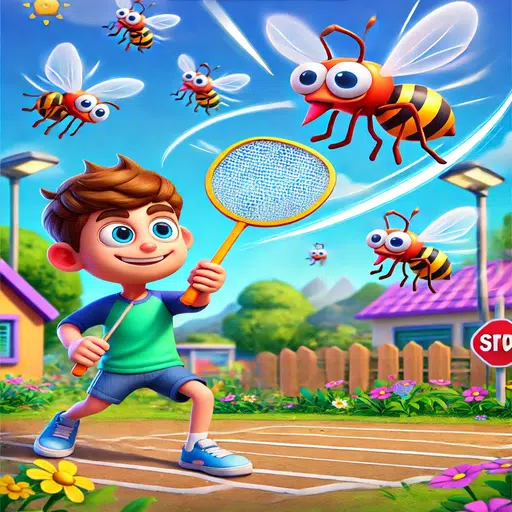With Monster Hunter Wilds shattering Steam records and Resident Evil riding high on the success of Village and a series of stellar remakes, Capcom appears to be on an unstoppable winning streak. However, this wasn't always the case. Just a few years ago, Capcom was reeling from a string of critical and commercial failures, struggling to regain its footing and reconnect with its audience.
The company was grappling with an identity crisis, particularly with its flagship franchises. Resident Evil, a pioneer in the survival horror genre, seemed to have lost its edge after Resident Evil 4. Similarly, Street Fighter faced challenges following the lukewarm reception of Street Fighter 5. These setbacks threatened to end Capcom's storied legacy.
Yet, amidst the turmoil, Capcom found a way forward. By adopting a new game development strategy, powered by the innovative RE Engine, Capcom breathed new life into its beloved series. This strategic shift not only revived these franchises but also propelled Capcom into a new era of success.
Resident Evil Lost Its Way
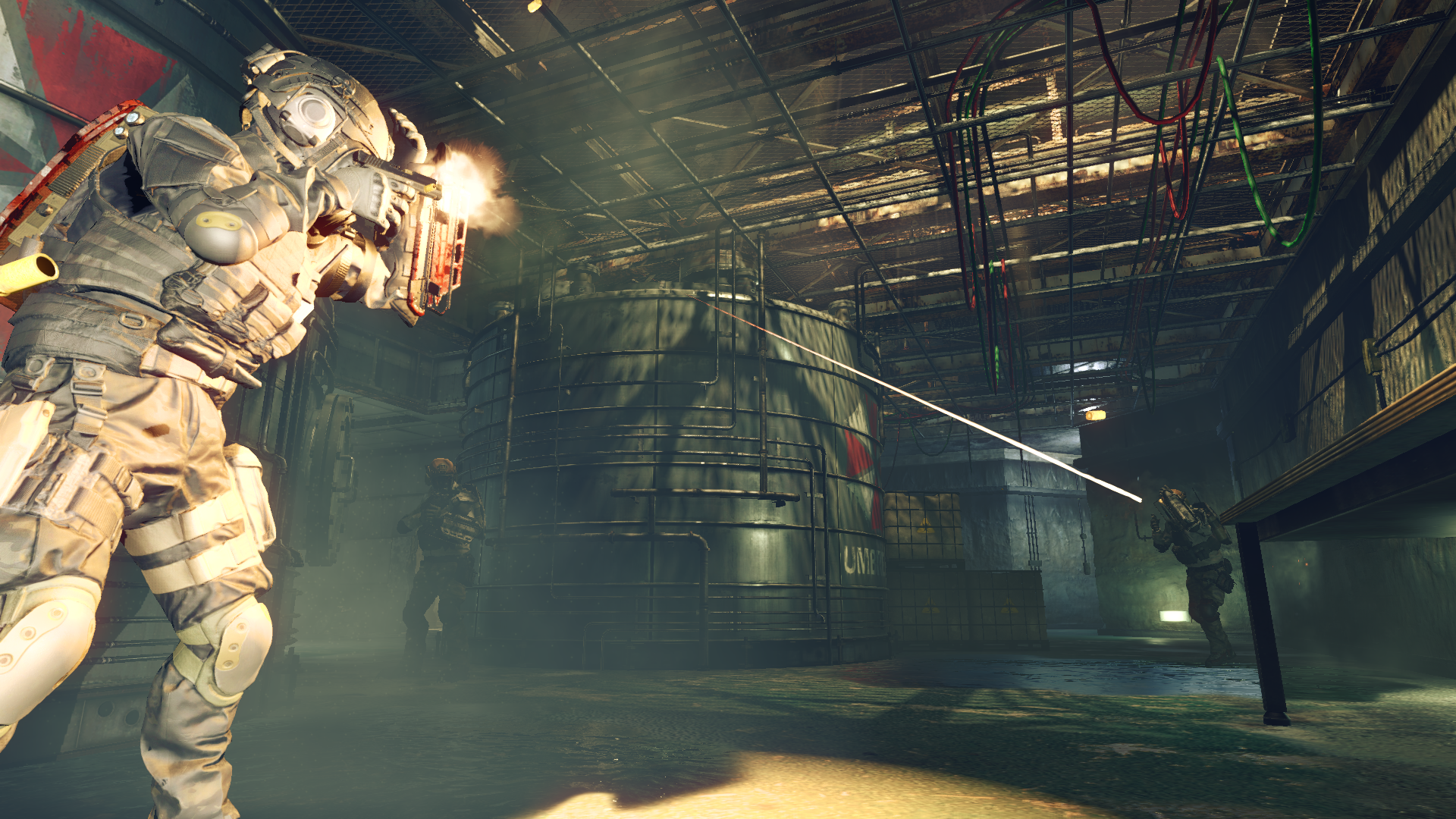
2016 was a challenging year for Capcom. The release of Umbrella Corps, an online co-op shooter, was met with harsh criticism from both reviewers and fans. Street Fighter 5 also disappointed many with its lackluster content and issues, while Dead Rising 4 marked the end of new entries in its series. This period represented the nadir of Capcom's struggles since 2010, with diminishing returns for mainline Resident Evil games and a faltering Street Fighter franchise. Meanwhile, Monster Hunter was a major success in Japan but struggled to capture international markets.
"Many of us started feeling that what the fans and players wanted from the series was getting a little bit separate from what we were making," reflects a Capcom developer. This sentiment highlights the disconnect that had developed between Capcom and its audience, a far cry from the company's current status as a consistent hit-maker.
Since 2017, Capcom has rarely missed a beat, releasing a string of successful games including Monster Hunter World, Devil May Cry 5, Street Fighter 6, and several critically acclaimed remakes and a soft reboot of the Resident Evil series. This turnaround was not just about learning from past mistakes but involved a complete overhaul of Capcom's approach to game development, targeting, and technology.
IGN sat down with four of Capcom's leading creatives to explore how the company overcame its challenges. Founded in 1979 as a maker of electronic game machines, Capcom rose to prominence in the '80s and '90s with iconic 2D games like Street Fighter and Mega Man, before successfully transitioning to 3D with titles like Resident Evil. The release of Resident Evil 4 in 2005 is often hailed as a high point, blending horror and action in a way that set a new standard for the genre.
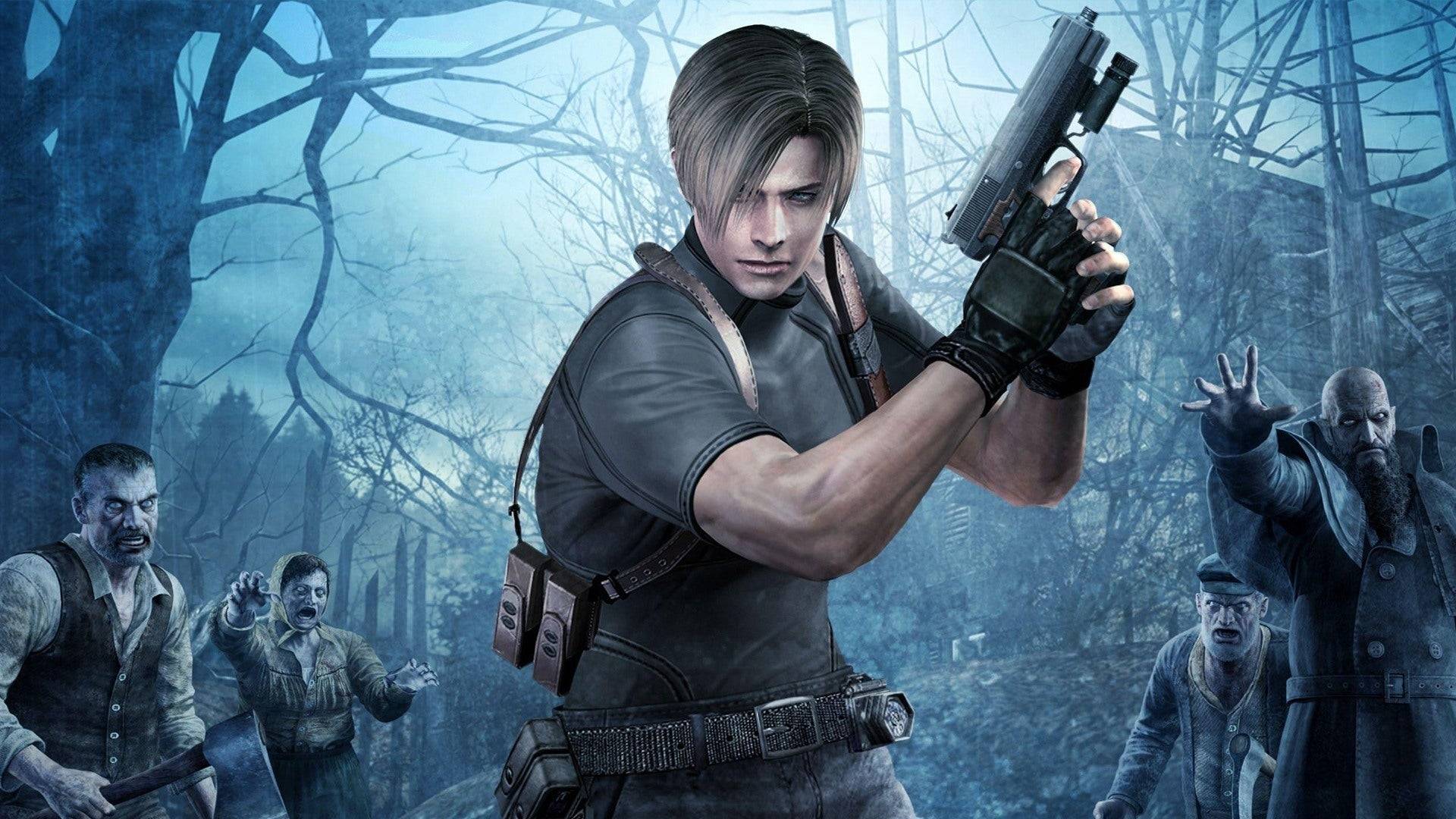
However, the balance between horror and action that made Resident Evil 4 so successful was lost in subsequent games. Resident Evil 5 and 6 leaned heavily into action, diluting the series' horror roots. This shift was evident to both players and developers, including Resident Evil 4 remake director Yasuhiro Ampo, who noted the growing disconnect between the series' direction and fan expectations.
This trend of faltering franchises was not limited to Resident Evil. Street Fighter 4 was a success, but its sequel, Street Fighter 5, was criticized for its lack of content and poor online functionality. Similarly, Devil May Cry faced declining sales, leading Capcom to outsource the next game to Ninja Theory, which resulted in a mixed reception.
Street Fighter 5, The Lost Cause
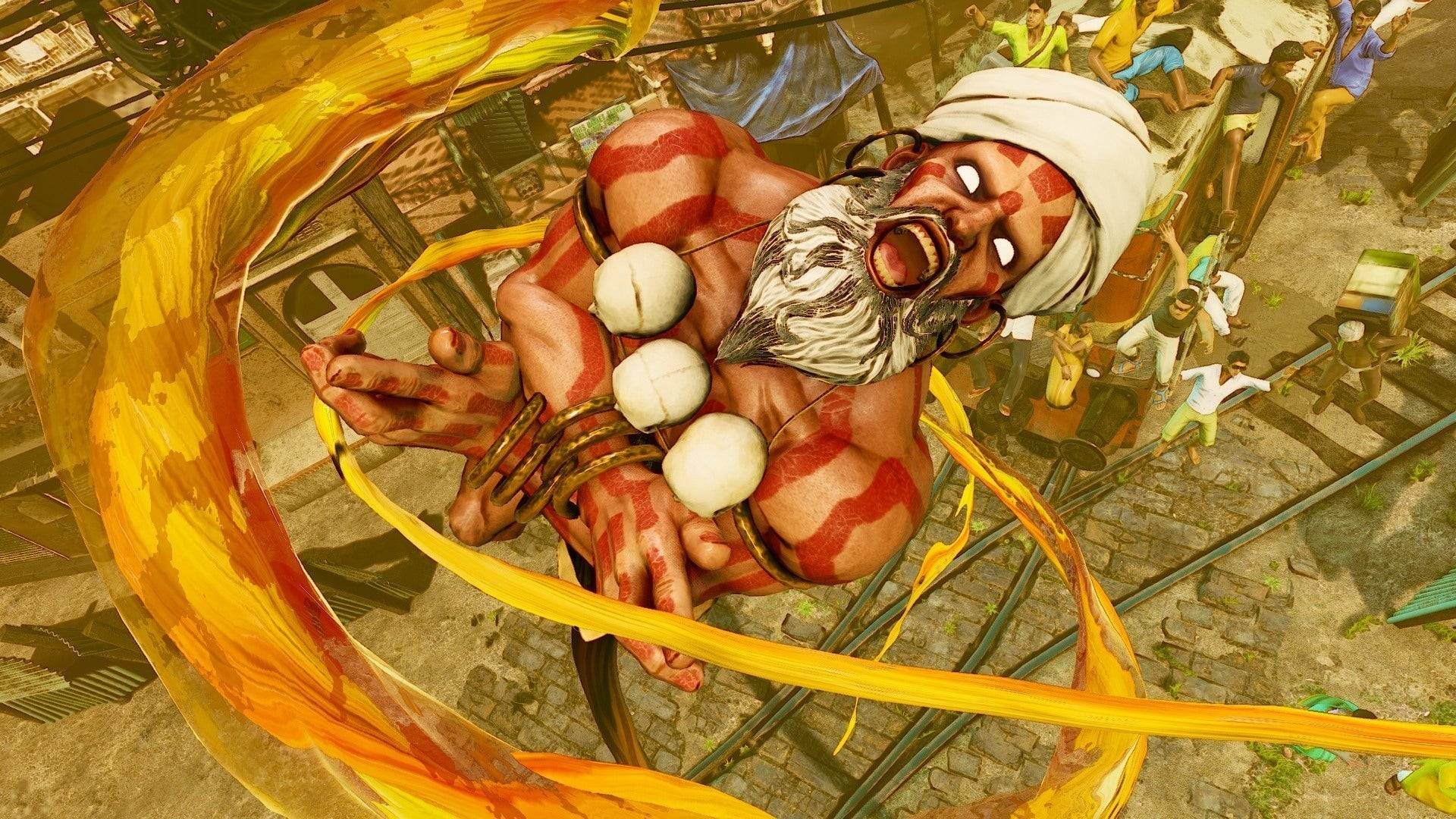
By the mid-2010s, Capcom began implementing changes to turn its fortunes around. The first step was to address the issues with Street Fighter 5. Director Takayuki Nakayama and producer Shuhei Matsumoto were tasked with stabilizing the game. Despite inheriting a project with significant constraints, they focused on fixing critical issues and laying the groundwork for Street Fighter 6.
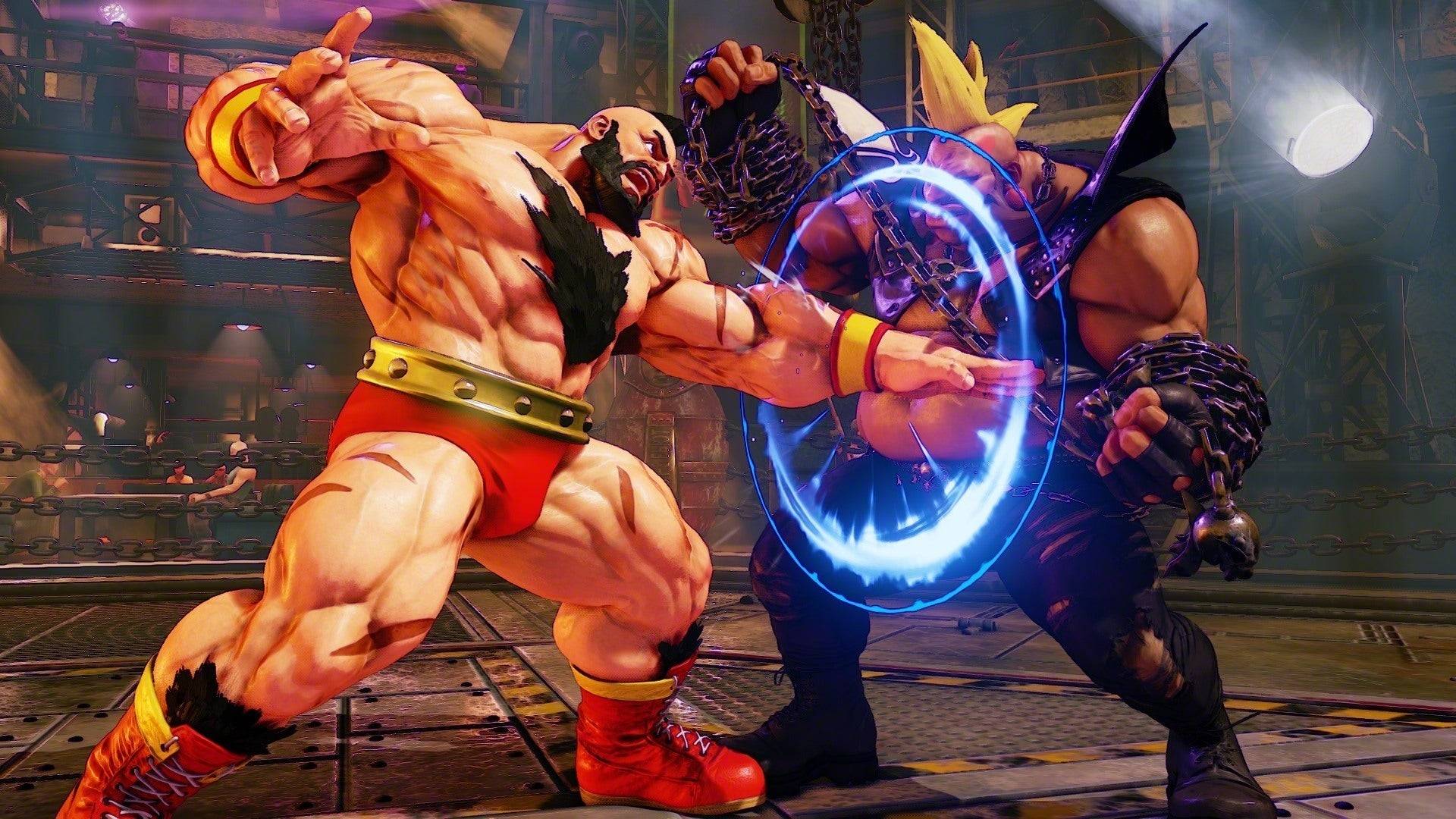
Nakayama explained, "We just didn’t really have enough time to address some of the problems and challenges we faced in Street Fighter V. And so, with our hands tied behind our backs, we basically had to wait for those ideas to be brought back for the initial conceptual phases for Street Fighter 6, so we could tackle and do things properly for the next title."
Rather than abandon Street Fighter 5, Capcom used it as a testing ground for new ideas, which informed the development of Street Fighter 6. Matsumoto emphasized the importance of learning from Street Fighter 5 to ensure Street Fighter 6 could meet fan expectations and deliver a fun and engaging experience.
Monster Hunter Took Over The World
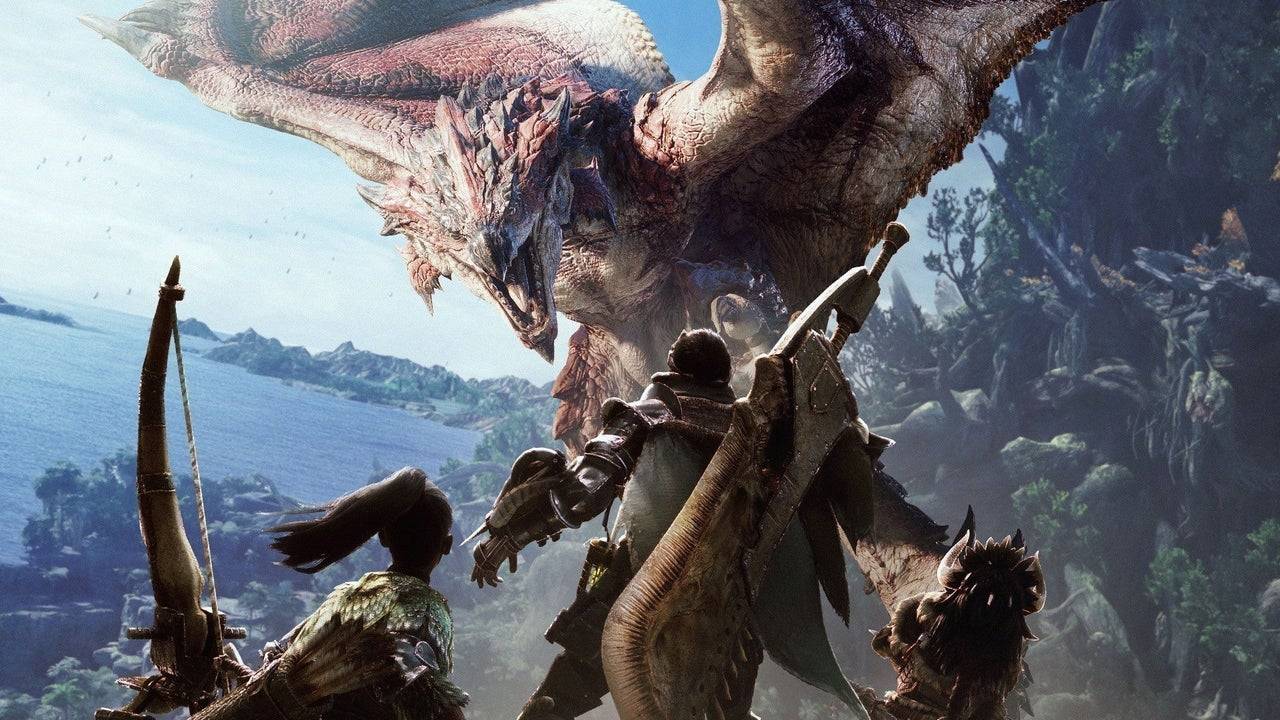
Around the time of Street Fighter 5's launch, Capcom underwent an internal reorganization to prepare for a new generation of games powered by the RE Engine. This shift was not just about technology but also about creating games with a global appeal. Hideaki Itsuno, known for his work on Devil May Cry, emphasized the importance of this goal: "The change of the engine and also all teams were given a very clear goal at that point to make games that reach the global market. [Games] that are fun for everyone."
Capcom had previously tried to cater to Western markets with action-heavy games like Umbrella Corps and the Lost Planet series, but these efforts were largely unsuccessful. The focus shifted to creating universally appealing games, a strategy that paid off with the release of Resident Evil 7 in 2017, marking the beginning of Capcom's renaissance.
No other series exemplifies Capcom's new global strategy better than Monster Hunter. While popular in Japan, the series struggled to gain traction in the West. The transition to handheld gaming, particularly with Monster Hunter Freedom Unite on the PSP, contributed to its success in Japan. However, the series' executive producer, Ryozo Tsujimoto, recognized the potential for global expansion with improved internet infrastructure and online play.
The release of Monster Hunter: World in 2018 marked a significant shift, targeting a worldwide audience with simultaneous global releases and no region-specific content. This approach, combined with focus testing and feedback, led to adjustments that broadened the game's appeal, resulting in sales exceeding 20 million copies for both Monster Hunter: World and its follow-up, Monster Hunter Rise.
Resident Evil 7 Began Turning Things Around
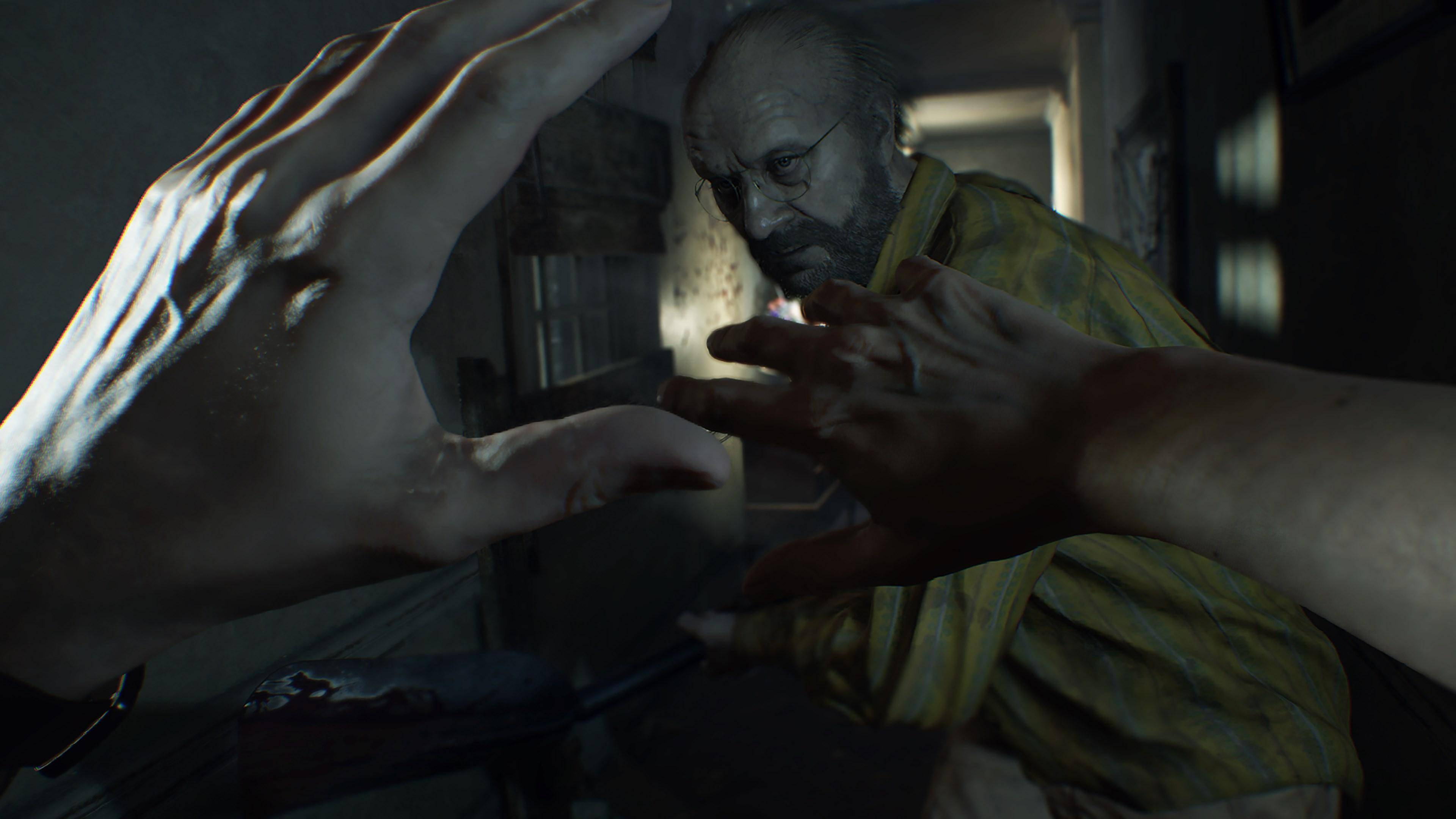
For Resident Evil, the challenge was to return to its survival horror roots. Executive producer Jun Takeuchi made the pivotal decision to focus on horror, leading to the development of Resident Evil 7. The game's first-person perspective and return to a scary, survival-focused experience were well-received, marking a successful return to the series' origins.
While Resident Evil 7 and 8 embraced first-person gameplay, Capcom also released third-person remakes, starting with Resident Evil 2. These remakes, driven by fan demand and the success of fan projects, combined horror and action to deliver critically acclaimed experiences. The Resident Evil 4 remake further refined the balance between horror and action, addressing fan concerns and achieving widespread acclaim.
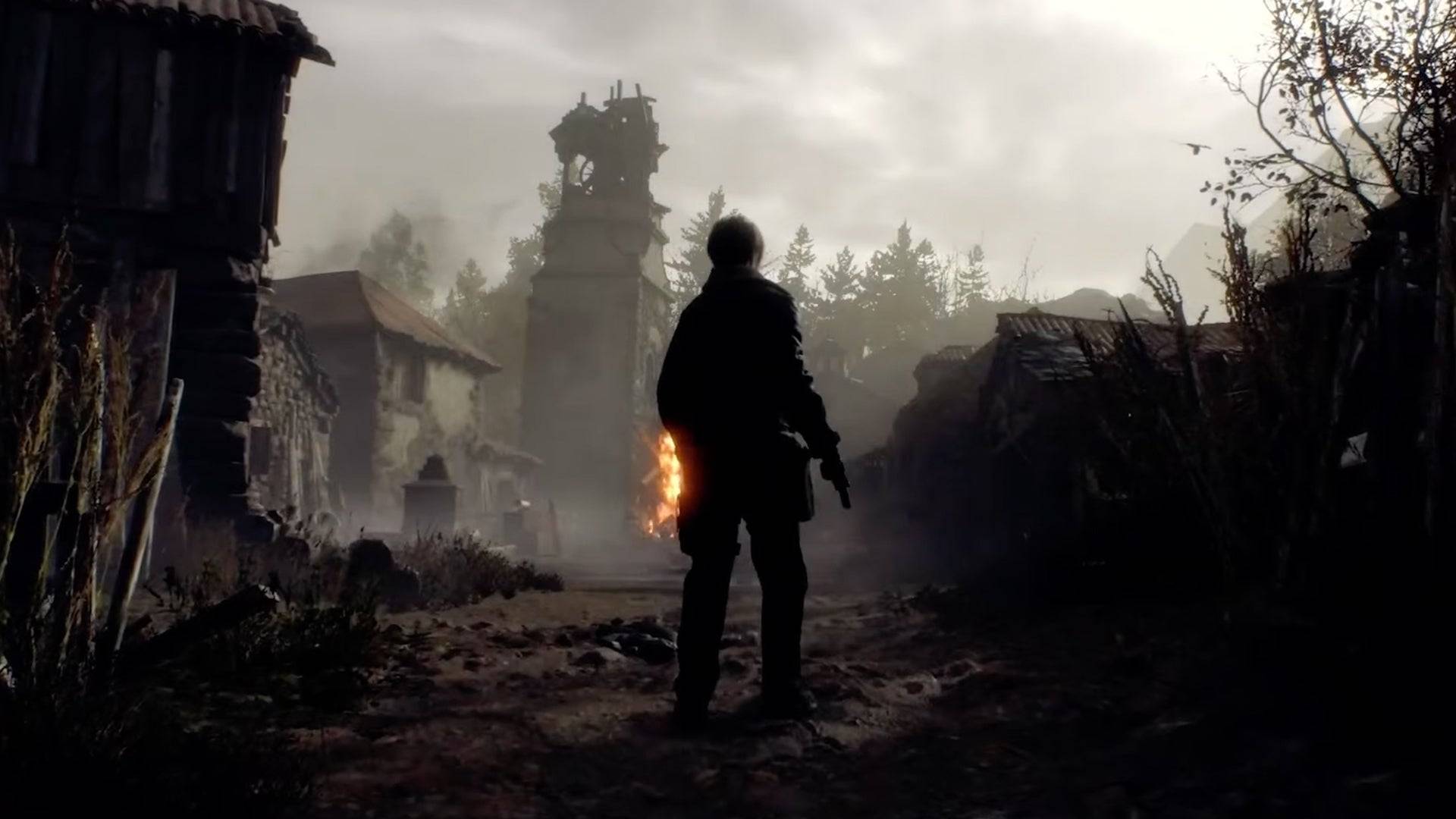
Meanwhile, Devil May Cry director Hideaki Itsuno sought to reinvigorate the action genre with Devil May Cry 5. Utilizing the RE Engine, Itsuno aimed to create the "coolest" action game possible, leveraging the engine's capabilities for photorealistic visuals and rapid development.
The Reason Behind The Change
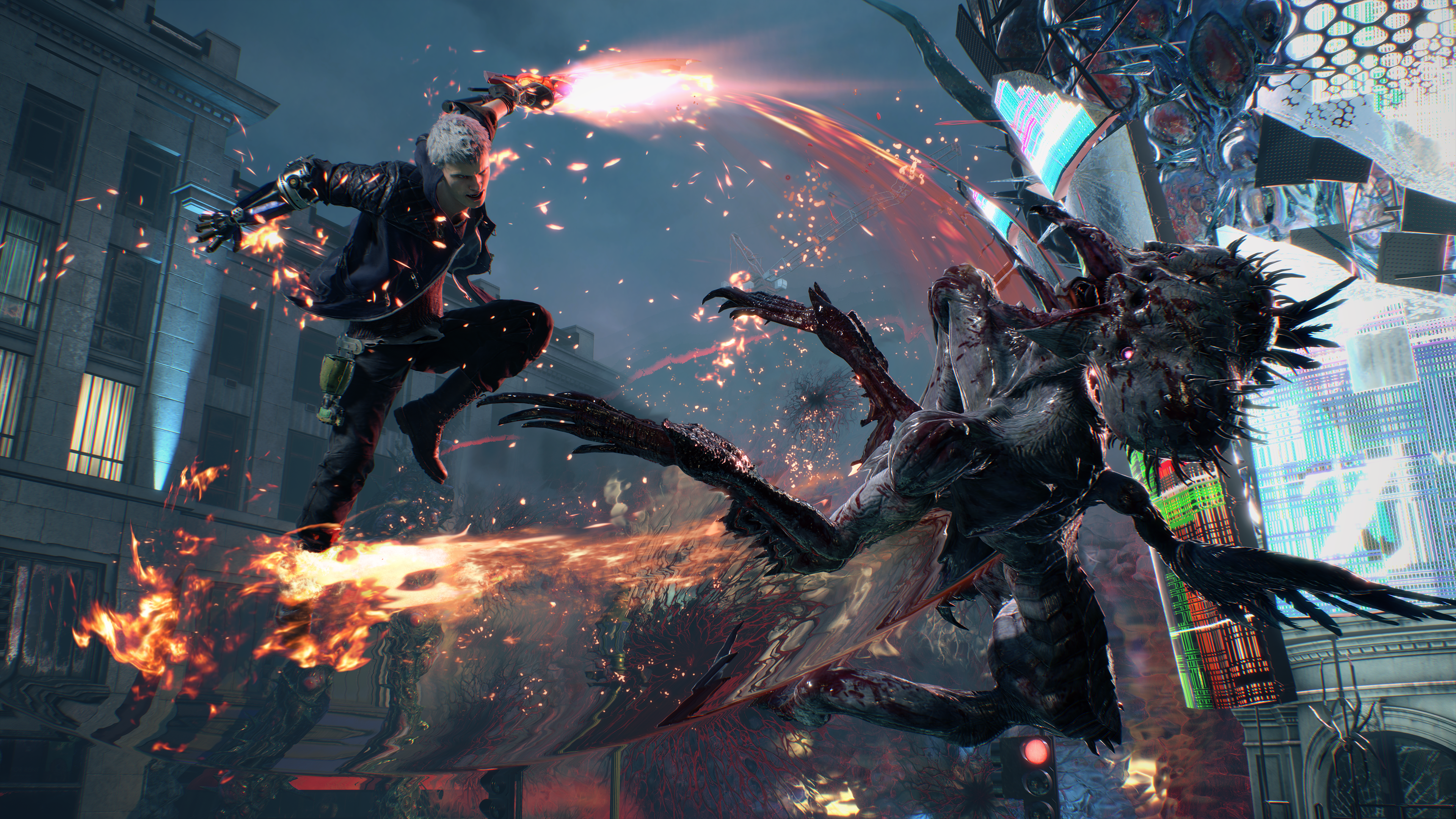
Itsuno's approach to Devil May Cry 5 reflected his belief in the importance of challenging players, rather than making games overly accommodating. The RE Engine's flexibility and power allowed for significant improvements in both visuals and gameplay, contributing to the game's critical and commercial success.
A New Capcom Golden Age
Since 2017, Capcom has released a game of the year contender nearly every year, a testament to its renewed focus on creating globally appealing games powered by the RE Engine. This strategy has allowed Capcom to seamlessly transition between genres while maintaining the integrity of its franchises.
Capcom's commitment to its core identities—whether it's the survival horror of Resident Evil, the competitive spirit of Street Fighter, or the unique battle systems of Monster Hunter—has not only preserved the essence of its games but also expanded their global reach.
As other studios struggle to find their footing, Capcom's recent success serves as a model of resilience and innovation. The company's directors recognize the current era as a golden age, with Nakayama noting, "It’s a very exciting time to be at Capcom right now. A lot of us are able to get excited about what we’re working on and are able to focus on things that we think are fun." Tsujimoto adds, "Capcom is going through a golden era, and, well, now we have to do everything we can so that this lasts one more year, one more year, and every year, one more year. Hopefully we can extend it as long as we can."

